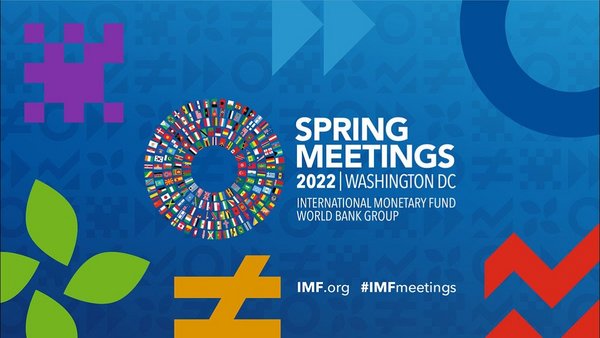- Share this article
- Subscribe to our newsletter
Germany forges alliance for global food security
Minister Schulze welcomed the outcome of the World Bank and International Monetary Fund conference in the US capital of Washington D.C. in the second half of spring.
"As G7 Presidency, Germany has a special responsibility this year to develop global solutions,” Schulze said, and continued: “I am glad that my proposal for the creation of an alliance for global food security has met with so much support. Now we need to translate our agreement into practical action – in order to address what may become the most severe food crisis in decades.”
Schulze presented her plan at a high-level event together with World Bank President David Malpass, World Food Programme Executive Director David Beasley and the G20 Presidency, represented by Indonesian Finance Minister Sri Mulyani Indrawati, on the 21st April. At the meeting, many countries supported the idea and announced that they would participate. Germany is to provide particularly active support, including, financially, an extra 430 million euros to help cushion the impact of the Ukraine war on global food security which Federal Chancellor Olaf Scholz had already announced before the Spring Meeting.
A Ukraine supplementary budget – one billion euros for development cooperation
On the 27th April, the Federal Cabinet adopted a draft supplementary budget comprising various measures to cope with the impact of Russia’s attack on Ukraine, which violates international law.
The budget contains additional finance for development cooperation to the tune of one billion euros, both to directly support Ukraine and to mitigate the effects of the war on developing countries and emerging economies.
According to Development Minister Svenja Schulze, Russia’s war of aggression is not only causing suffering and destruction in Ukraine. The feared absence of grain supplies from the world’s granary is also threatening to put pressure on prices worldwide. Schulze says that this is affecting the poorest of the poor as well. A food crisis could ensue the likes of which the world has no longer experienced for decades, she warns. In developing countries in particular, this could bring entire societies out of balance.
According to a press release from the Federal Ministry for Economic Cooperation and Development (BMZ), Germany’s response to the war against Ukraine therefore has a strong development cooperation component which focuses on the global impacts of the conflict as well. Nearly half of the funding the BMZ will be receiving as stipulated in the draft supplementary budget is earmarked for a response to the global food crisis.
The BMZ maintains that via further measures, Ukrainians, above all those people who are in flight because of the war within Ukraine and its neighbouring countries, will be receiving swift and direct support. One important focal area here will be providing water and energy.
(BMZ/wi)





Add a comment
Be the First to Comment